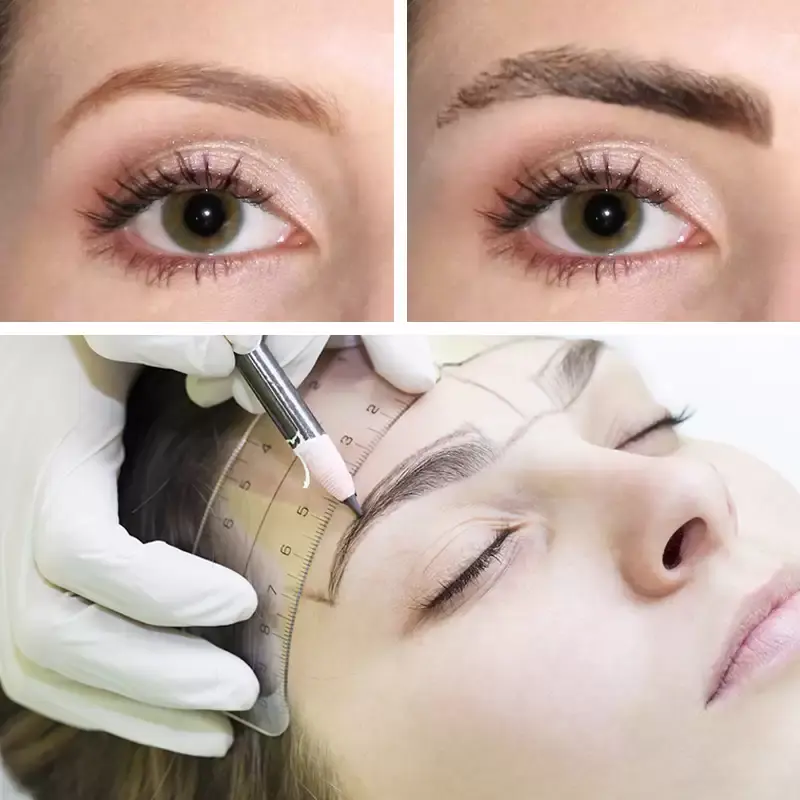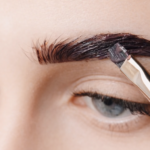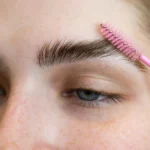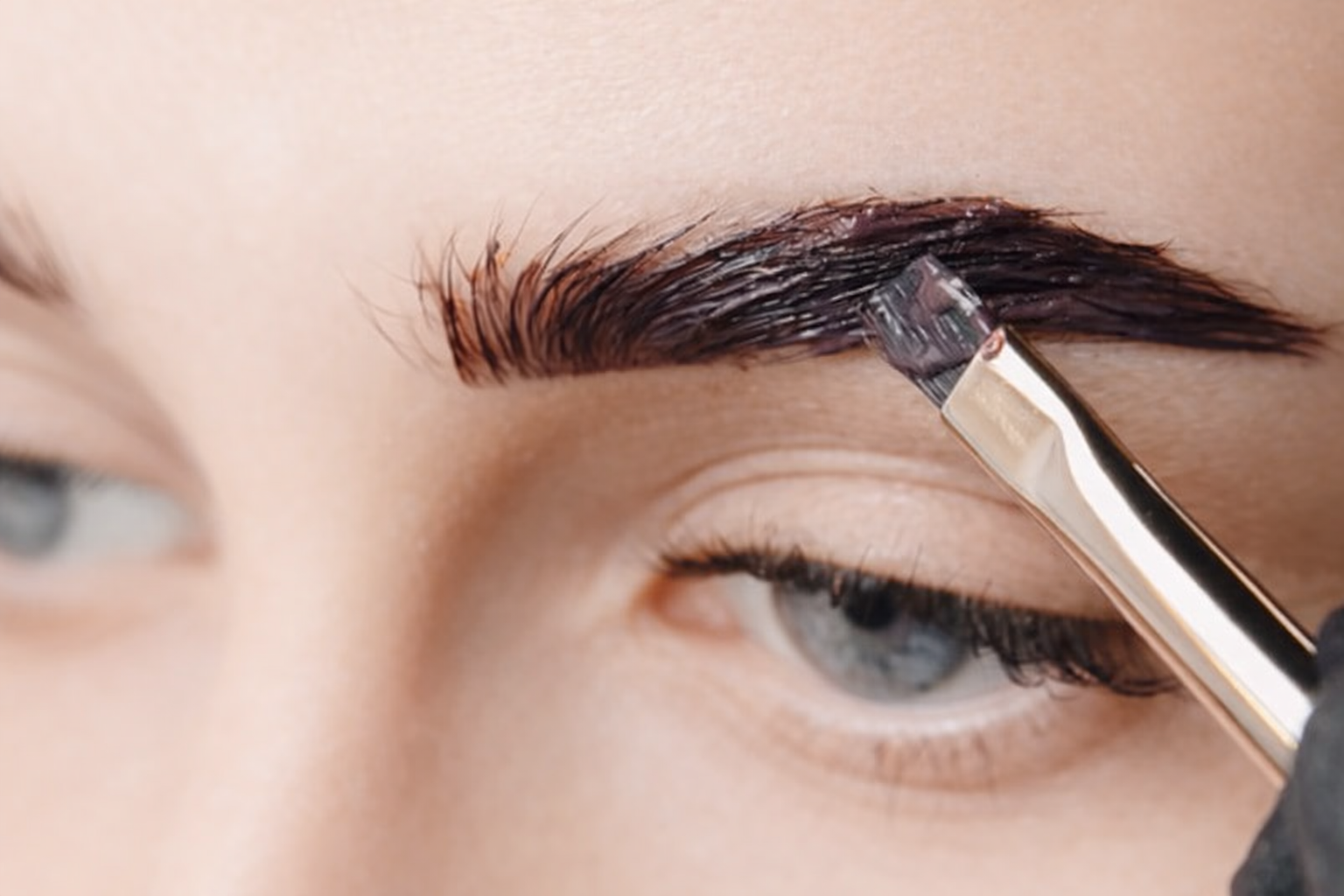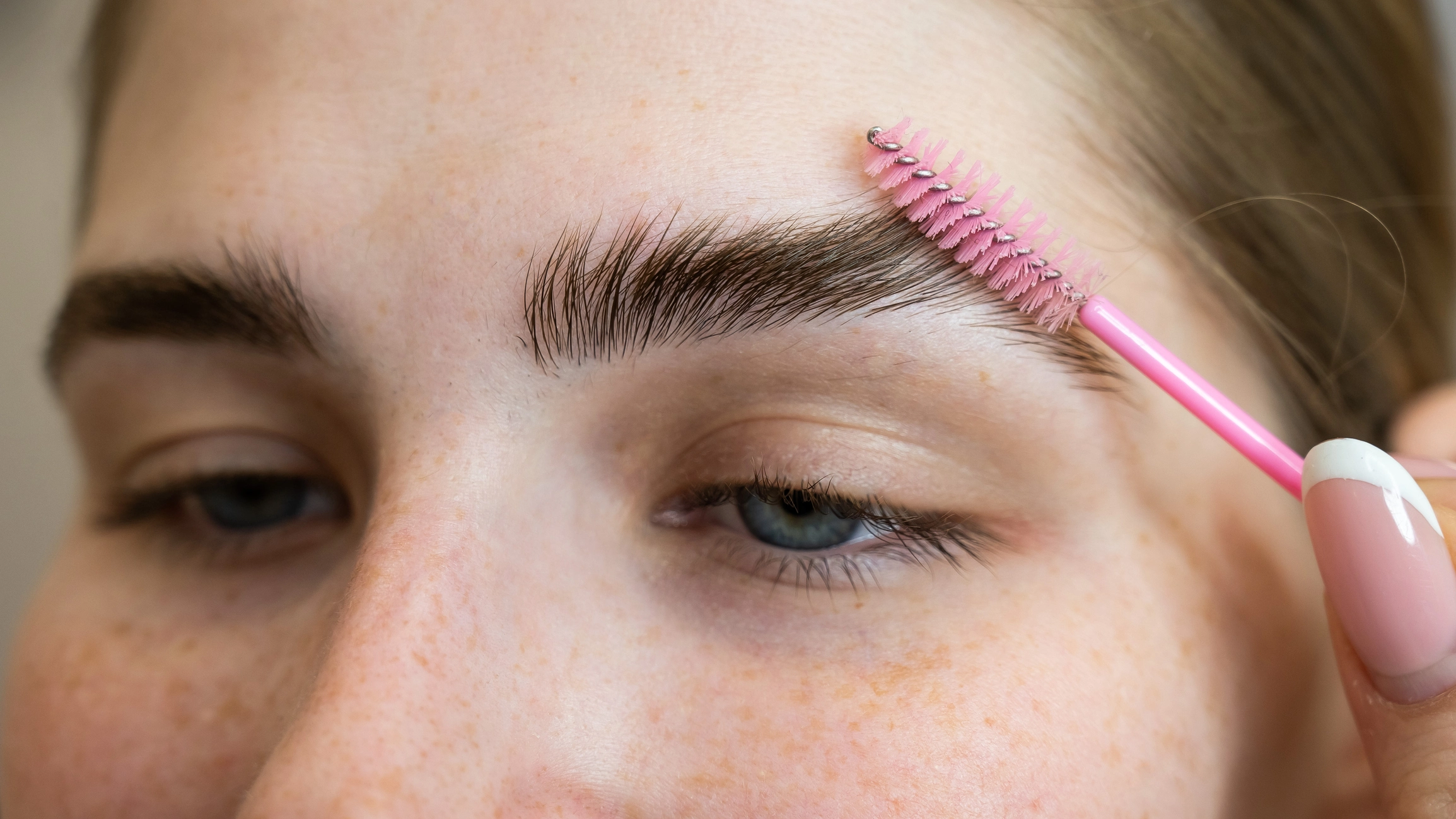For men seeking fuller hair, the right hair growth oil for men can be a game-changer. Mens hair oil not only enhances thickness and shine but can also nourish the scalp, prevent breakage, and even stimulate new hair growth. Many men search for the best hair oil for men to improve scalp health and support natural growth. Here’s a guide to some of the best oils, including their pros, cons, and how to use them effectively.
Benefits and Drawbacks of Top Hair Growth Oils for Men
Each oil for hair growth brings different benefits. Choosing the best oil for hair growth and thickness can strengthen strands and reduce breakage. Let’s dive into the top oils for hair growth, how they work, and some potential cons.
Castor Oil
Benefits: Castor oil is rich in ricinoleic acid, which boosts circulation to the scalp, nourishing hair follicles and encouraging growth. It’s also packed with fatty acids that strengthen hair, reduce breakage, and promote volume. Check out our recent article on Castor Oil for Beard Growth to learn about how it may benefit your facial hair.
Cons:
- Thick and Sticky: Castor oil has a dense texture, making it challenging to apply and rinse out completely.
- May Cause Build-Up: The heavy consistency can lead to product build-up if used too frequently.
- Greasy Look: For those with fine or thin hair, castor oil may make hair look greasy if not used sparingly.
How to Use: Warm a small amount and massage it into your scalp. Leave it on for 30 minutes to an hour before washing it out.
May Assist with Hair Loss: Although there’s no solid scientific proof explaining castor oil’s benefits for hair, it remains a popular choice in the beauty world.
Coconut Oil
Benefits: Coconut oil penetrates the hair shaft effectively, reducing protein loss and strengthening hair from within. Its antifungal properties also help maintain a healthy scalp, creating an optimal environment for hair growth.
Cons:
- May Clog Pores: Coconut oil can clog pores on the scalp, potentially leading to dandruff or breakouts.
- Not Suitable for All Hair Types: Those with fine or oily hair may find it too heavy, leading to greasy roots.
- Potential for Protein Overload: Some hair types, especially protein-sensitive ones, may become stiff with frequent coconut oil use.
How to Use: Massage a small amount into your scalp and hair, focusing on roots. Leave it overnight and rinse in the morning.
Another thing that coconut oil has in common with the other oils on this list? There’s not much research behind it. It’s unclear if coconut oil can help with hair loss, but it might be beneficial for dandruff.
Argan Oil
Benefits: Known as “liquid gold,” argan oil is rich in antioxidants, vitamins A and E, and essential fatty acids. This oil hydrates, reduces dryness, and minimizes frizz, leaving hair looking fuller and healthier.
Cons:
- Can Be Expensive: Pure argan oil tends to be pricier than other oils.
- Slightly Greasy Finish: While lightweight, using too much can leave hair looking slightly greasy.
- May Not Stimulate Growth Directly: Argan oil is excellent for moisturizing but doesn’t stimulate hair growth as strongly as other oils like castor or rosemary.
How to Use: Apply a few drops to damp hair as a leave-in conditioner or massage into the scalp before washing.
Rosemary Oil
Benefits: Rosemary oil is known for improving circulation to the scalp, stimulating hair follicles, and encouraging new growth. Studies show it may even perform similarly to minoxidil for promoting hair regrowth.
This oil often considered the best hair growth oil for men due to its ability to stimulate follicles. Rosemary extract was found to inhibit the enzyme 5-alpha-reductase. This enzyme converts testosterone into the hair-hating hormone dihydrotestosterone (DHT). DHT binds to receptors in your hair follicles, causing miniaturization and hair loss.
Cons:
- Requires Dilution: Pure rosemary oil is potent and can irritate the scalp if not diluted.
- Strong Scent: The scent can be intense, which may not be preferred by everyone.
- Skin Sensitivity: Some people with sensitive skin may experience redness or irritation.
How to Use: Mix a few drops of rosemary oil with a carrier oil (like coconut or jojoba oil) and massage into the scalp. Leave on for at least 30 minutes before washing.
Peppermint Oil
Benefits: Peppermint oil has a refreshing, cooling effect and increases blood flow to the scalp, which can stimulate hair growth. It also has antimicrobial properties, keeping the scalp clean and healthy.
In a 2014 study, researchers compared peppermint oil, jojoba oil, saline solution, and minoxidil—a hair loss treatment approved by the U.S. FDA. After four weeks, peppermint oil showed the highest level of hair growth among the treatments. The catch? This study was conducted on mice rather than humans.
Cons:
- Potential Irritant: Peppermint oil is very potent and can cause scalp irritation if not diluted.
- Allergic Reactions: Some people may experience an allergic reaction, leading to itching or redness.
- Strong Cooling Sensation: The cooling effect can be too intense for some users, causing discomfort.
How to Use: Dilute peppermint oil with a carrier oil, massage into the scalp, and leave it on for about 20 minutes before rinsing out.
Jojoba Oil
Benefits: Jojoba oil closely mimics the scalp’s natural sebum, making it an ideal moisturizer. It helps clear clogged follicles, balances scalp oil production, and reduces flakiness, supporting healthy hair growth.
Cons:
- Mild Impact on Growth: Jojoba oil primarily conditions and doesn’t stimulate hair growth as directly as some other oils.
- Potential for Oily Finish: Overuse can leave a greasy residue on the hair and scalp.
- Not as Penetrative: Jojoba oil sits more on the scalp surface rather than penetrating deeply into the hair shaft.
How to Use: Massage a few drops into the scalp or mix with other oils. Leave on for 20–30 minutes before rinsing.
Don’t Forget to Review How Other Oils for Hair Growth Can Help You!
How to Use Hair Growth Oil for Men for Best Results
For men using hair oil for men to achieve thicker hair, consistency, and proper application techniques are key:
- Regular Scalp Massages: Massaging your scalp while applying hair growth oil for men improves circulation, helping nutrients reach hair follicles and promoting hair growth.
- Avoid Overuse: Applying too much oil can clog hair follicles or weigh hair down. Start with a small amount and gradually add more if needed.
- Use as an Overnight Treatment: For deeper hydration, leave the oil on overnight and rinse in the morning. This is especially effective with heavier oils like castor or coconut.
- Dilute Essential Oils: Oils like rosemary or peppermint should be diluted with a carrier oil to prevent scalp irritation.
Choosing the Right Men’s Hair Oil for Hair Growth
Many clients ask, which oil is best for men’s hair growth? Oils like argan, rosemary, and castor rank among the top choices. When selecting a hair gain oil for men, consider your hair type and specific needs:
- For Thicker Hair: Castor and coconut oils can improve thickness and prevent breakage.
- For Dry or Frizzy Hair: Argan and jojoba oils are excellent for hydration and shine.
- For Stimulating Growth: Rosemary and peppermint oils work well to boost blood flow and follicle health.
- For Sensitive Scalp: Jojoba oil is mild and suitable for those with scalp sensitivity.
Final Thoughts on Hair Growth Oil for Men
Hair growth oil for men offers a natural, effective approach to enhancing the health and appearance of your hair. Each oil has unique benefits, and understanding potential downsides can help you find the best match for your needs. With regular use, men’s hair oil for hair growth can lead to stronger, thicker hair and a healthier scalp.
For those seeking a more targeted solution to hair thinning, consider a consultation with Dr. Kopelman. This father-son team brings over 35 years of combined experience in hair restoration, specializing in personalized treatments for each client.
Schedule a consultation today to explore your options and take the first step towards achieving your hair goals.
From castor oil’s thickness-boosting properties to rosemary oil’s stimulating effects, there’s a hair oil for men suited to every hair type and goal. By selecting the right products and using them consistently, you can improve texture, reduce breakage, and even stimulate new growth naturally.



